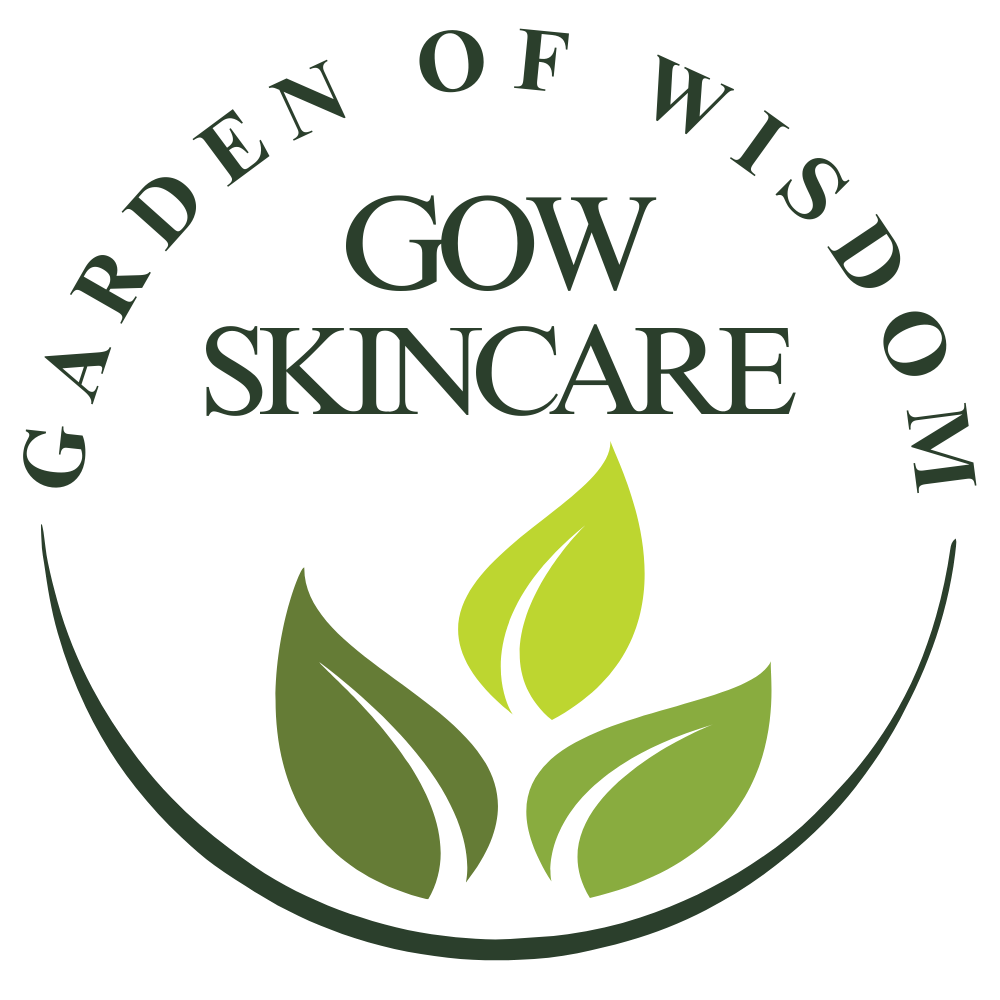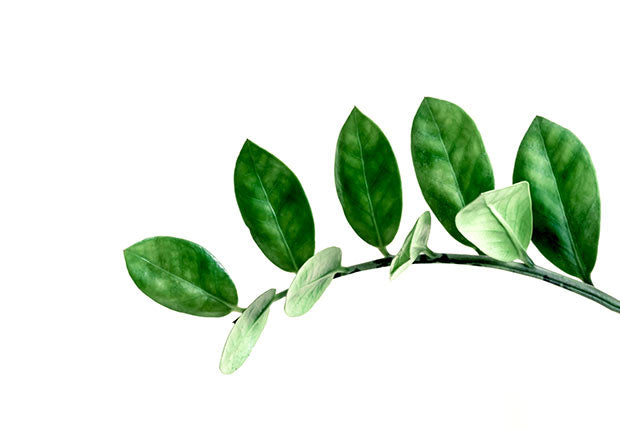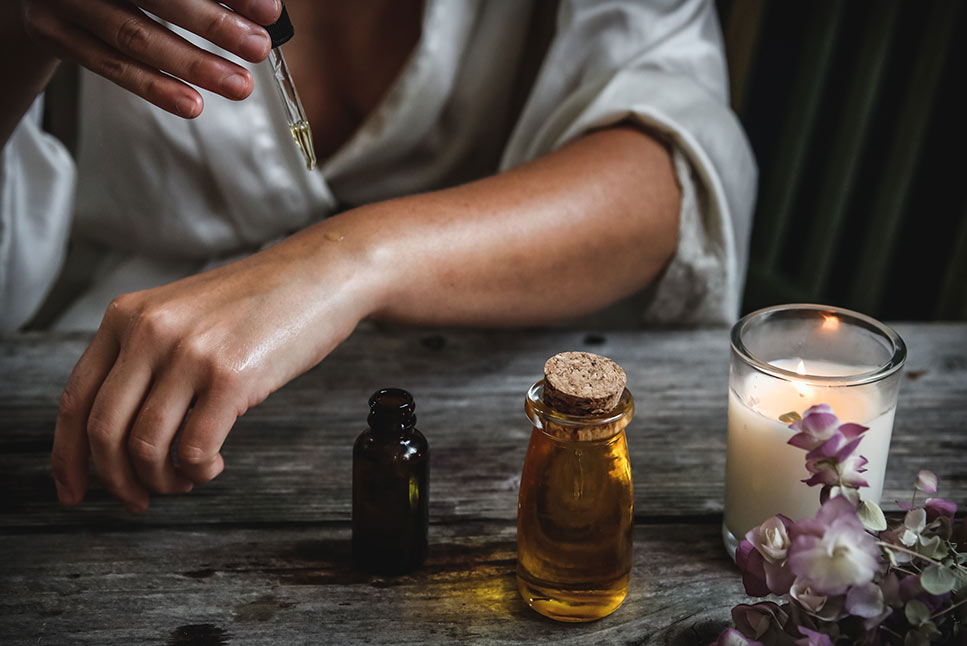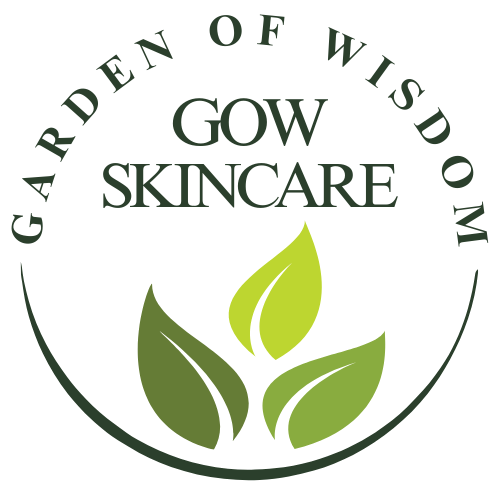No products in the cart.

Skin Series - Healthy Lifestyle - How Diet and Toxins play a role in Skin Health Part 2
By Jen Flanagan
This week we will explore the 7 main elimination channels, their role in our bodies and how they connect to skin issues.
As mentioned in Part 1 of this article series, we have 7 main elimination channels, Lungs, Lymphatic System, Liver, Kidneys, Colon, Bloodstream and our Skin. Each one of these is a filter in essence, though much more complex.
Lungs
The lungs fill with, and filter the air we breathe. The air we breathe contains approximately [from wikipedia] 78.08% nitrogen, 20.95% oxygen, 0.93% argon, 0.04% carbon dioxide, and small amounts of other gasses. It also includes toxins, pollutants. Our lungs help to filter these.
The lungs also extract oxygen from the surrounding air and transfer it into the bloodstream. The lungs then release carbon dioxide from the bloodstream back out via exhaling, in a process of gas exchange. When our lungs are not functioning as well, we can have all sorts of issues from allergies to asthma to emphysema and more.
Liver
The liver performs so many functions for us that we are not even yet fully aware of all that the liver does to keep us healthy and well. It produces bile, which helps the digestive system break down fat. It detoxifies and purifies and removes toxins. It acts as a super filter by filtering and removing chemicals that our body produces and that we ingest as well as pathogens such as bacteria and viruses. Without this, we cannot survive. This is why our liver is so very important.
Kidneys
The kidneys participate in the homeostasis of the body, control the various body fluids, electrolyte balance, pH balance, blood pressure and removal of toxins via filtering. The kidneys excrete waste products produced by metabolism into the urine.
Colon
The colon is the most obvious elimination and detoxification point in the body. What goes in, must come out right?
The liver, kidney and blood systems dump their processed wastes into the colon. If the colon system is overloaded with toxins, wastes and inflammatory products/by products of the digestive system, the intestine wall can become week and even form tears and holes which can then cause these wastes to be absorbed by the bloodstream. The colon is also responsible for creating vitamins via bacterial fermentation like Vitamin K, and Biotin.
Lymphatic System
The lymphatic system is effectively our own sewage system. The lymphatic system is made up of lymph nodes and vessels that drain and filter fluids from our body’s tissues.
The fluid can carry toxins, bacteria, viruses, parasites, fungi and waste products to your lymph nodes to be filtered and processed. Lymph vessels help maintain fluid balance in the body by returning filtered lymph fluid back to the bloodstream.
A poorly working lymphatic system causes tissues to become swollen with fluid. In addition, if this fluid is not being filtered properly and backed up with these toxins, waste products etc, this can end up affecting the body (and SKIN) in uncounted ways.
Circulatory System
The circulatory system, is a system of organs that includes the heart, blood vessels, and blood which is circulated throughout our bodies. Our blood is a fluid that consists of red and white blood cells, platelets and plasma that circulate through the body carrying nutrients and oxygen to our tissues and cells and helps carry waste products away. They also transport hormones and help stabilize our temperature and pH.
Skin
This is our last (and first line) of defense. It is also our direct filter from the outside world. if all other channels of elimination are sluggish, or fail it will back up in countless ways into the skin through the different channels. The skin uses sweat to eliminate water soluble toxins, and the oil glands to eliminate oil soluble toxins. If the other processes in the body are not able to do their job, the skin gets bathed in interstitial fluid, which - if not being filtered/processed properly will have all sorts of wastes, by products and other nasties which can and do affect the skin. Bacteria can become imbalanced (acne) chemicals and improper pH can cause inflammation (Rosacea, and Anti-Aging) and certain wastes (including lipofuscin) can cause pigmentation.
In the skin care world, so much emphasis is put upon what we apply to our skin, and not enough about what we’re putting in our bodies that we don’t realize how these things also directly affect our skin. Eating healthy, maintaining a positive mind and active body. Balancing work and play and minimizing stress can help our skin stay healthy, young and vibrant.
Leave a comment





